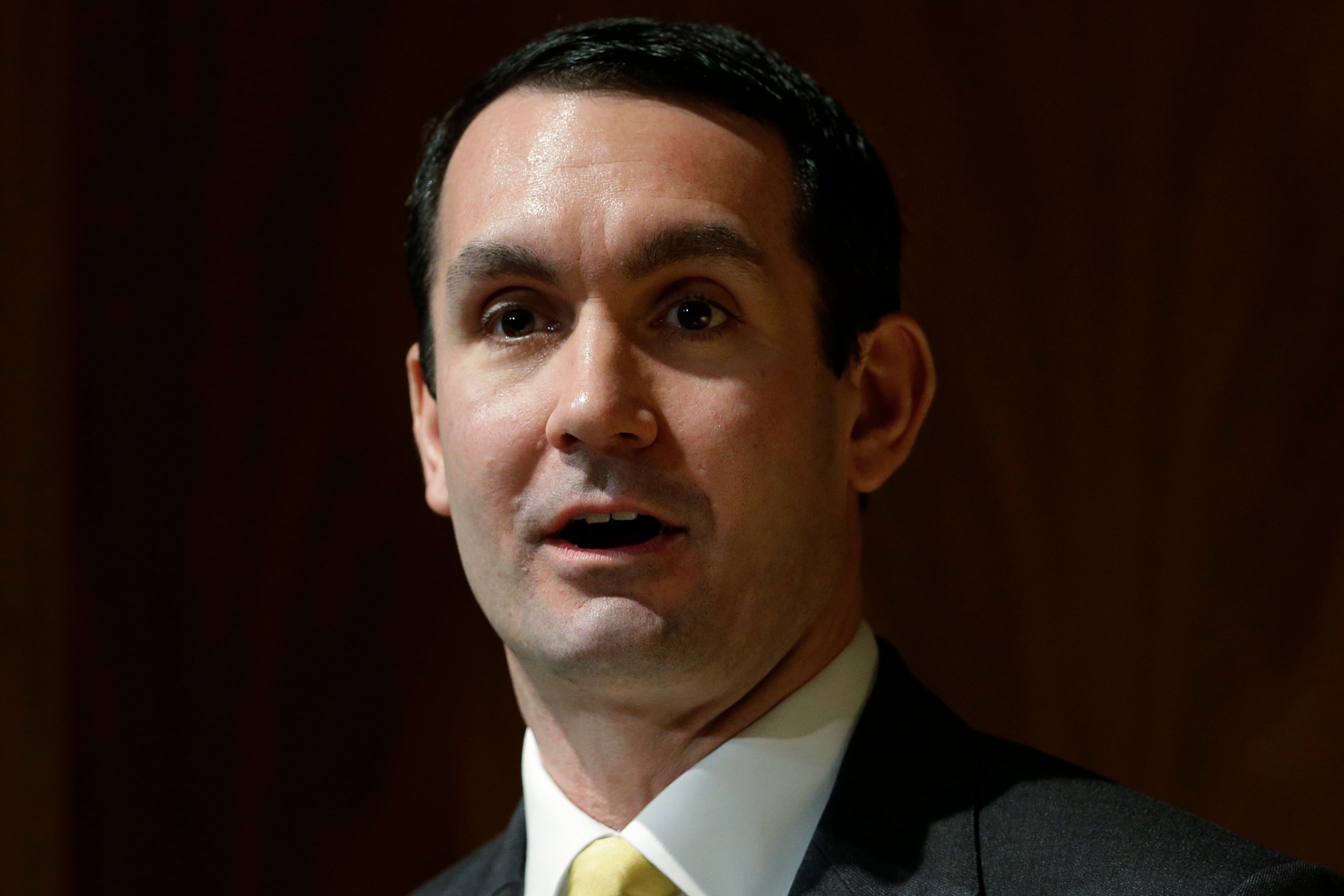Scranton’s distressed pensions under investigation for overpayment

State Auditor General Eugene DePasquale. (AP Photo/Matt Rourke)
The Auditor General, Eugene DePasquale, announced today that his office will investigate double payments of pension benefits in Scranton.
The Auditor General, Eugene DePasquale, announced today that his office will investigate double payments of pension benefits in Scranton.
In 2002, Scranton’s then-mayor Chris Doherty offered municipal workers a retirement incentive: to double their pensions. To qualify, employees had to have served the municipality for 25 years and had to retire by year’s end. Investigations by the city’s pension board and The Scranton Time-Tribune found over a dozen non-uniformed employees who are receiving doubled pension payments but who did not meet those requirements; for example, some retired after the December 31, 2002 deadline, while others could not claim the required 25 years of service. If the beneficiaries are found ineligible for the double payments, their excess payments to date would total nearly $1 million.
One million dollars is just a fraction of the $13 million the city pays to its retirees each year. But the Auditor General has already said Scranton’s pension funds are in very bad shape. An August 2014 audit found Scranton’s pension funds could run out of money entirely in three to five years; DePasquale said bankruptcy for the city was a real possibility. According to a 2014 Public Employee Retirement Commission report, Scranton’s firefighter pension fund is only 17 percent funded, the non-uniformed fund is at 23 percent, and the police fund at 29 percent. In all, the city has a pension liability of over $113 million. In Pennsylvania, only Philadelphia, Pittsburgh, and Allentown have larger net unfunded liabilities.
At issue is whether the beneficiaries of the double payments are qualified to receive them, and, if not, who’s responsible for the error – the retirees, the pension board, or the fund administrators? Another question is whether that money should be paid back to the city and, if so, by whom? DePasquale said he expects his office’s investigation to wrap up this spring.
WHYY is your source for fact-based, in-depth journalism and information. As a nonprofit organization, we rely on financial support from readers like you. Please give today.


